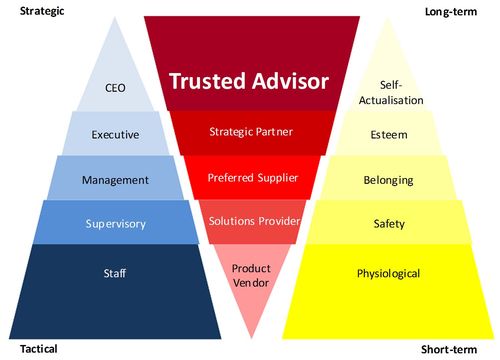
I delivered a presentation at the Association of Corporate Treasurer’s (ACT) conference on the relationship between corporate treasurer’s and their bank advisor called: Corporate-to-Bank Relationships: Brilliant or Broken?
The ACT used the title of this presentation as a question in the interactive voting at the start of the day, and the results were interesting: 7% of treasurers thought their relationship was brilliant (or was that the vote of JPMorgan, the conference sponsor?); 24% thought the relationship was broken, whilst the majority, 69%, felt it was purely ‘surviving’.
This tallies with the survey we performed last autumn, which asked the question: since the financial crisis began in 2008, how have relationships with corporate users changed?
In that survey, the majority of respondents (46%) say that it’s about the same but over a third (35%) say that it is worse, with 27% of bankers and 38% of non-bankers stating that this is the case (btw, we are repeating this survey in 2012, sponsorship opportunities now open).
And I opened my speech with the same question. In this case 15% felt it was better; 50% thought it was about the same; whilst 35% thought it was worse.
Oh dear.
A quarter of our folks think the relationship is broken, whilst over a third think it’s getting worse.
Not a picture of roses and jelly babies in the garden.
So my theme was about the past, present and future issues in the corporate treasurer’s world and the role of their bank provider.
In particular, corporates are looking for bank providers who understand their issues, concerns and specifically their business environment, operations and challenges, and the best bank providers understand these areas as well as the treasurer understands them.
A truly great corporate to bank relationship is one where the bank partner is seen as a trusted advisor, giving best advice and behaving as a real partner, not just a transaction processor.
The ‘trusted advisor’ is a status achieved by few, but aspired to by many, and is all about the ability to earn the client's trust and thereby win the ability to influence them.
Many banks want to be a trusted advisor to their corporate client and, if they achieve that, then the relationship is based in the boardroom and is based completely upon trust in the bank provider’s advice.
In order to get that sort of relationship, the bank must really get under the skin of and in the head of the client.
They must see the world through the client’s eyes and understand their needs as well as the client understands them.
They must advise them with the right things, not the things that are purely in the interests of the bank.
They must look at the long-term relationship, not the short-term sale.

It all makes sense if you want to be a true relationship provider of trust, and banks aspire for this level of trust with their corporates?
Interestingly, we may accept a poor bank relationship in a consumer context, but in a corporate context surely banks behave more responsibly?
Well, maybe not.
After all, I concluded my speech with another interactive question.
A simple one, but a real test of whether there are trusted advisors out there or just transaction processors.
The question was this: do you believe that your bank provider cares more about your business first, rather than theirs?
A trusted provider would rather do right by you, than by themselves.
So I was a little bit started to see the answer was only 12% of the audience voting yes, whilst 88% voted no.
Only 1 in 10 corporates have a trusted provider of finance.
That’s a stark disparity and, over lunch, I asked what was going on.
The answer came back that only large corporates get their banks to behave responsibly, due to the size of their budgets, and even they struggle to get their banks to do the right thing.
So there is a big opportunity here: for the banks that get ‘trusted advisor’, they can fill the gaps of the 90% of their competitors who do not.
If I were a bank CEO, I’d be interested in taking up that opportunity.
FYI, these themes are regularly being explored on the blog. If interested, here's a few more related posts:
- Solutions versus product people
- Thinking vertical rather than horizontal
- How to create a banking strategy
Chris M Skinner
Chris Skinner is best known as an independent commentator on the financial markets through his blog, TheFinanser.com, as author of the bestselling book Digital Bank, and Chair of the European networking forum the Financial Services Club. He has been voted one of the most influential people in banking by The Financial Brand (as well as one of the best blogs), a FinTech Titan (Next Bank), one of the Fintech Leaders you need to follow (City AM, Deluxe and Jax Finance), as well as one of the Top 40 most influential people in financial technology by the Wall Street Journal's Financial News. To learn more click here...

